The growing global interest in using seaweed for food production is driven by the demand for more sustainable food sources and the discovery of seaweed’s numerous health and medical benefits. However, only a limited number of seaweed species are currently utilised on a large scale.
South Korea has established itself as a leader in seaweed production, investing heavily in research and development over the past decade. In just ten years, South Korea has developed 37 new seaweed varieties that are more productive and resilient to climate change. Furthermore, the country employs advanced cultivation technologies that enhance efficiency while ensuring sustainability.
In a new report, Innovation Centre Denmark Seoul examines the potential for green innovation through seaweed, with a particular focus on opportunities for collaboration between Denmark and South Korea.
Danish potential
While Denmark has little tradition of consuming seaweed, the country excels in food innovation and green technology. With the growing global interest in seaweed applications – from food products to bioplastics – Denmark is well-positioned to develop and commercialise products that leverage seaweed’s unique properties.
Since 2021, Innovation Centre Denmark has supported the Danish-Korean Blue Bioeconomy Alliance, a research network that connects researchers, universities, and companies in both countries. This alliance fosters collaboration and knowledge sharing about seaweed and its applications.
Opportunities for global collaboration
The Innovation Centre Denmark Seoul report, Seaweed – A Versatile Ingredient in a Changing Market: Collaboration with South Korea, delves into the global challenges and opportunities within the seaweed industry. It underscores how South Korea’s cutting-edge production technologies and Denmark’s innovative capabilities can work together to meet the growing demand for sustainable seaweed products in Europe and beyond.
The future of the seaweed industry depends on a global effort to scale production, develop new species, and adopt modern technologies. Denmark and South Korea are uniquely positioned to lead this effort, ensuring that seaweed becomes a key catalyst for green transformation.
